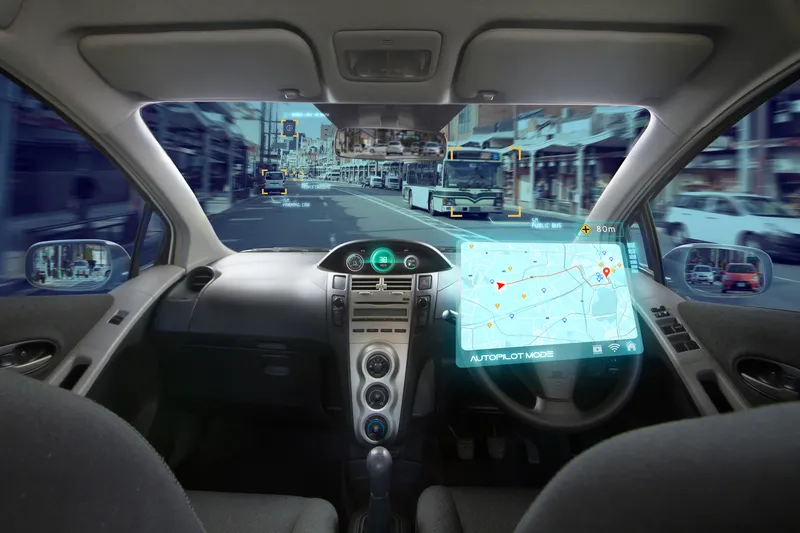Poland’s traffic police have started to use portable long range cameras to spot if drivers are not wearing seat belts, are using cell phones, running red lights, transporting children without car seats, or driving with no visible licence plate or validation sticker. The cameras can be set up and remotely operated and controlled with an in-car laptop and are typically used at 50-150 metre distances. It means that, instead of using binoculars, officers can sit inside a police car, place the equipment on the s
May 14, 2012
Read time: 2 mins
Poland’s traffic police have started to use portable long range cameras to spot if drivers are not wearing seat belts, are using cell phones, running red lights, transporting children without car seats, or driving with no visible licence plate or validation sticker. The cameras can be set up and remotely operated and controlled with an in-car laptop and are typically used at 50-150 metre distances. It means that, instead of using binoculars, officers can sit inside a police car, place the equipment on the side of the road and record offences on the laptop.
The equipment records video in high definition which is then reviewed to select the frame where the offence can best be seen. Polish police officers copied the idea based on similar equipment used by police in Norway, where they participated in the officer exchange within the Lifesaver project.
The equipment records video in high definition which is then reviewed to select the frame where the offence can best be seen. Polish police officers copied the idea based on similar equipment used by police in Norway, where they participated in the officer exchange within the Lifesaver project.









